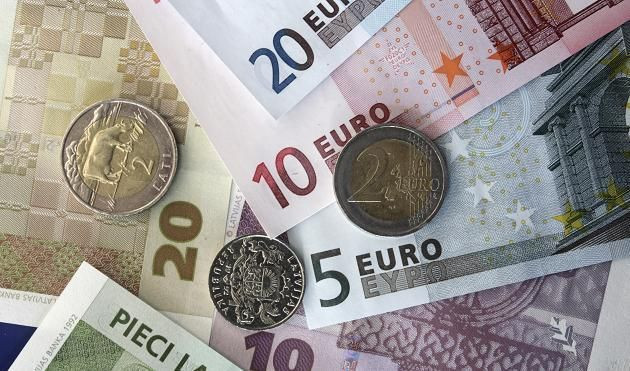Germany To Test Universal Basic Income By Handing Out Over $1,400 A Month In Experiment

German researchers are going to test whether universal basic income would be an effective economic policy by handing out 1,200 euros ($1,421) every month to a group of people for three years.
The experiment, conducted by the German Institute for Economic Research, will involve 1,500 people in total. Only 120 people will receive the cash payments, with researchers monitoring how their moods and behaviors change due to the extra income. The other 1,380 people will not receive any money at all, but their moods and behaviors will also be monitored.
“So far the debate has resembled a philosophical salon at best, and a religious war at worst,” Jurgen Schupp, a researcher leading the study, told Der Spiegel news magazine. “On both sides, it is characterized by clichés: critics claim a basic income would make people stop working and lie on the couch with fast food and streaming services. Supporters say people would carry on with meaningful work, become more creative and pro-social, and rescue democracy.”
Germany currently has a single-issue party dedicated to pursuing universal basic income. The Basic Income Alliance was founded in 2016 and has welcomed the new experiment by the German Institute for Economic Research.
Other countries have also conducted research on the idea of a universal basic income. GiveDirectly, a nonprofit operating in East Africa, is currently offering monthly payments to villagers in Kenya as part of an experiment. Finland also ran a two-year universal basic income study between 2017 and 2018.
In the U.S., Democratic presidential candidate Andrew Yang had promoted the universal basic income policy to help workers, as low-income jobs are lost due to automation. Yang called for $1,000 monthly payments for all Americans over the age of 18, which he calls a “freedom dividend.”
© Copyright IBTimes 2025. All rights reserved.





















